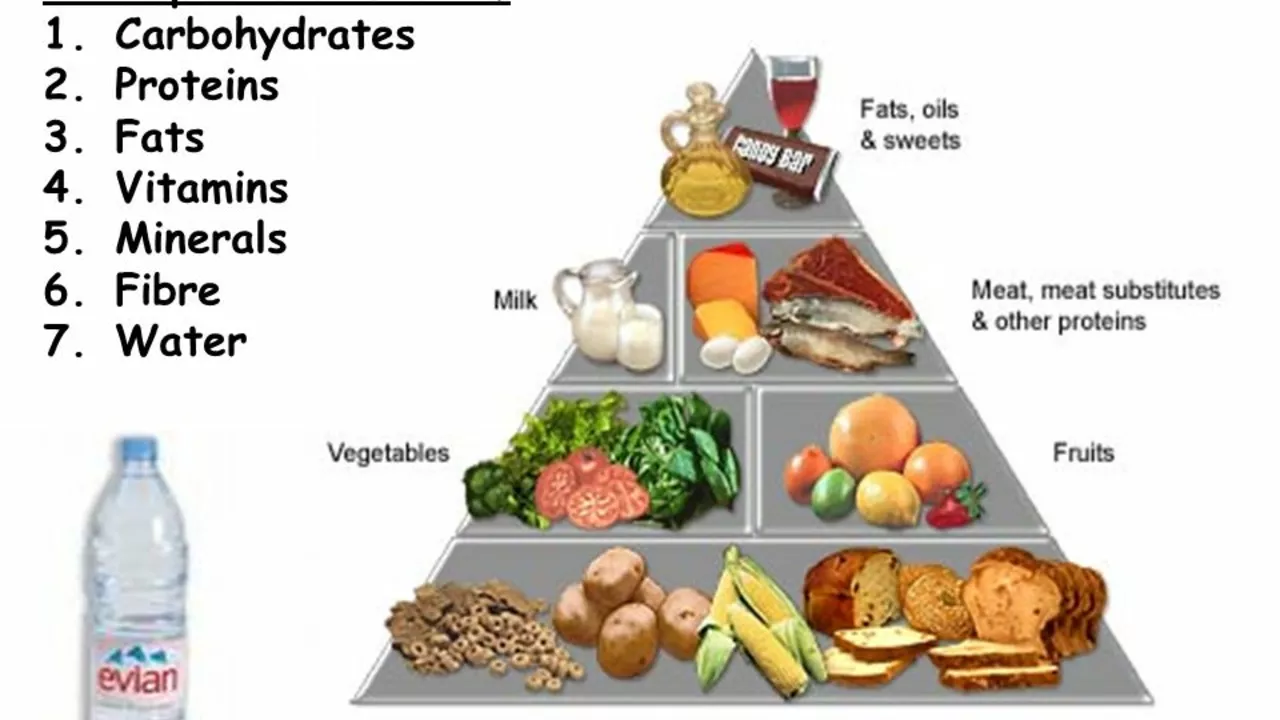Understanding Cystic Fibrosis: Causes, Symptoms, and Care Tips
Cystic fibrosis (CF) is a genetic disorder that mainly affects the lungs and digestive system. It happens when a faulty gene causes thick, sticky mucus to build up in the body. This buildup can clog airways, making it hard to breathe, and block digestive enzymes, leading to nutrient absorption problems.
Because CF is inherited, it often runs in families. Both parents usually carry the gene without showing symptoms. If a child inherits the faulty gene from each parent, they may develop cystic fibrosis. It’s important to know that CF doesn’t come from anything you did or didn’t do; it's just genetics.
Spotting the Signs of Cystic Fibrosis
Symptoms vary but commonly include persistent coughing, frequent lung infections, wheezing, and difficulty gaining weight despite good appetite. Kids with CF may also have salty-tasting skin and bulky, greasy stools. These signs can show up in infancy or early childhood, but some cases are diagnosed later when symptoms aren’t obvious.
CF also affects the pancreas, which helps with digestion. When mucus blocks its ducts, your body can’t absorb fats and nutrients well. This can lead to malnutrition and poor growth, even if you eat enough. Digestive issues like constipation and stomach pain are common too.
Approaches to Managing Cystic Fibrosis
While there’s no cure for CF yet, treatments have improved greatly. Managing symptoms focuses on clearing mucus from the lungs, preventing infections, and supporting digestion. People with CF often use inhalers, airway clearance techniques, and enzymes with meals to improve lung and gut health.
Regular check-ups with a specialist are key to tracking how the lungs and other organs are doing. New medicines targeting the faulty gene itself have made a big difference for many with CF, improving lung function and quality of life. Teamwork between patients, families, and healthcare providers helps keep symptoms under control and boost daily well-being.
If you or a loved one shows signs like ongoing cough or trouble gaining weight, talk with your doctor about CF testing. Early diagnosis lets you start treatment sooner, which can change how the disease progresses. Staying informed and working closely with medical professionals is the best way to face cystic fibrosis head on.

Cystic Fibrosis: Understanding the Genetic Respiratory Disease and Breakthrough Therapies
Cystic fibrosis is a genetic respiratory disease causing thick mucus buildup in lungs and organs. New CFTR modulator therapies now treat the root cause, boosting life expectancy to over 50 years-but access and cost remain major challenges.
Continue Reading
Cystic Fibrosis and Nutrition: The Importance of a Balanced Diet
In my recent exploration of the topic, I've learned that nutrition plays a critical role in managing Cystic Fibrosis. People with this condition require a well-balanced diet high in calories, vitamins, and certain fats to combat the disease's challenges. They often need to consume more than the average calorie intake due to difficulty in absorbing nutrients. Therefore, proper dietary planning and possibly nutritional supplements are vital for health maintenance. It's clear that a balanced diet is not only beneficial but essential for those living with Cystic Fibrosis.
Continue Reading



